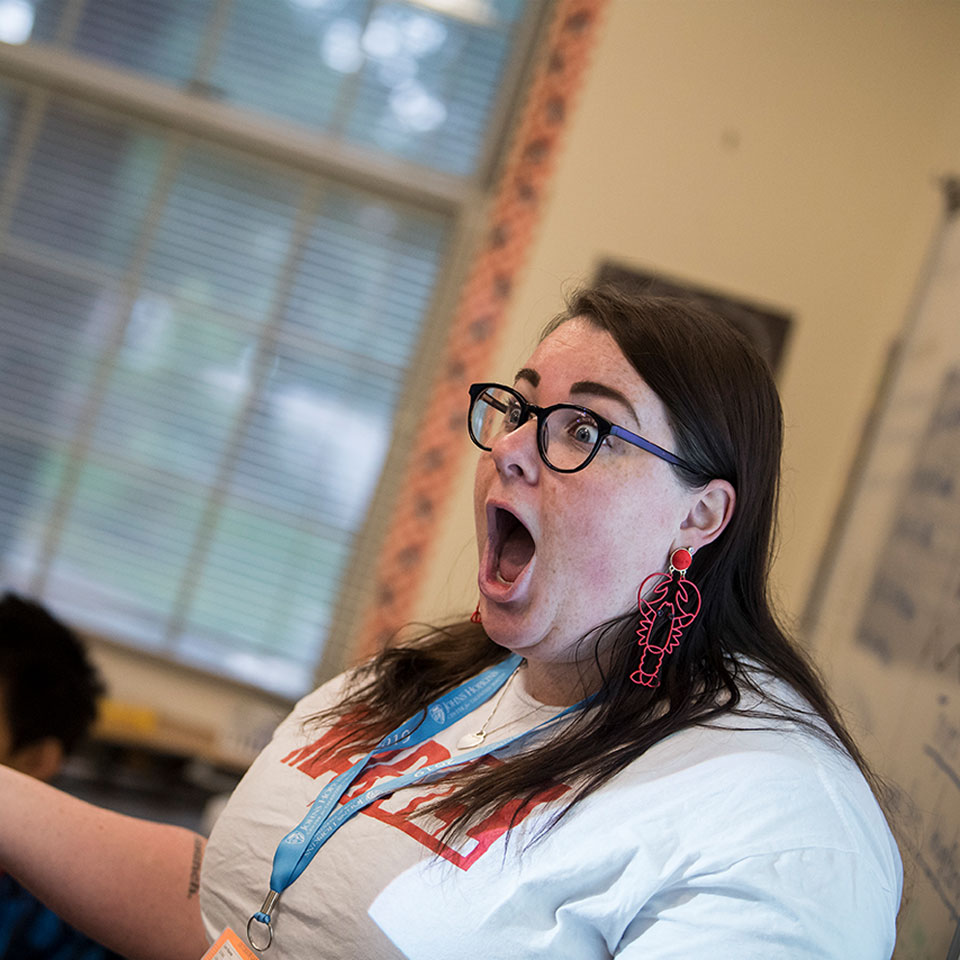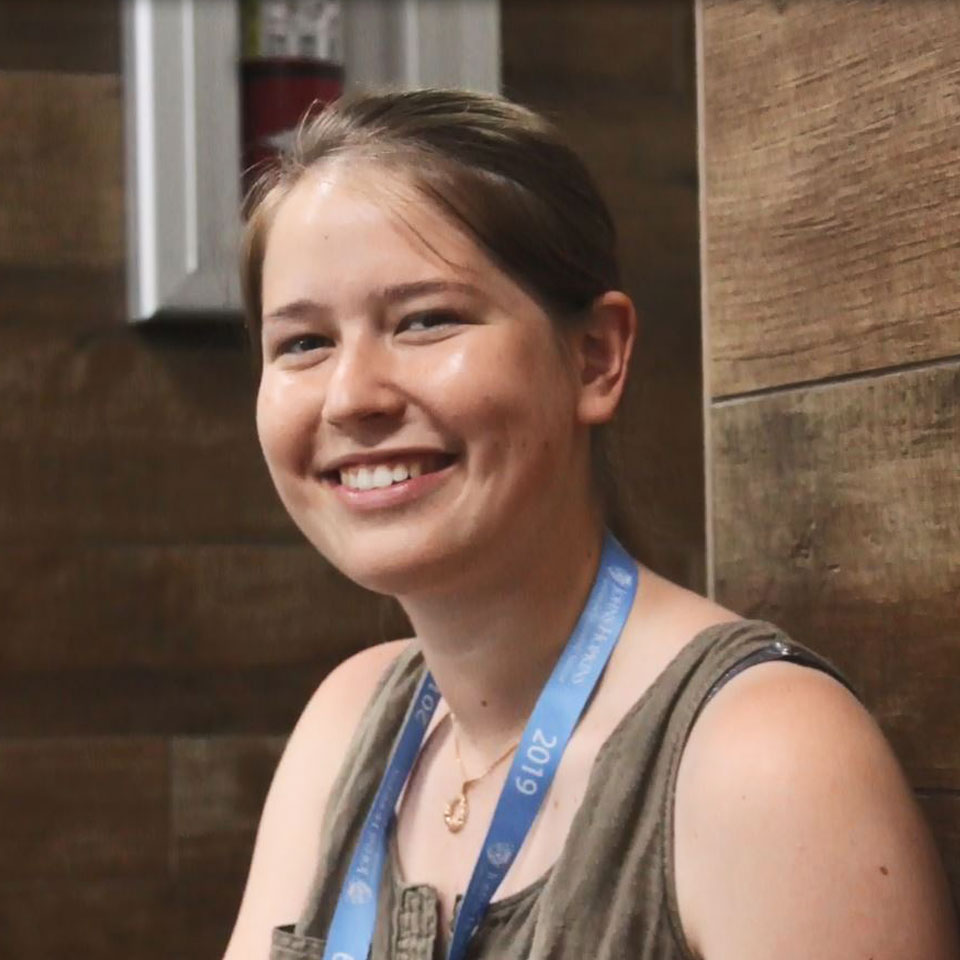Breadcrumbs
Numbers: Zero To Infinity
- Grades 4-5
- CTY-Level
-
Day
- Mathematics
What does a subatomic particle measured in femtometers have in common with a galaxy measured in light years? Both are a part of humans’ effort to quantify our world. In this course, you’ll explore numbers, from the miniscule to the unimaginably large, and learn how they help explain natural phenomena such as time, distance, and temperature. Moving beyond traditional arithmetic, you and your classmates will consider questions like: how much dog food would you need if your dog were the size of a dinosaur? You’ll examine different measurement systems and learn the origins of familiar and unfamiliar methods of measurement, invent your own units of measurement, and use dimensional analysis to investigate conversions between different scales or systems. Then learn to apply concepts of ratio and proportion by constructing and analyzing scale models of our solar system, the human body, and other objects in our natural world.
Note: Calculators are used only when extensive computations are needed.
Typical Class Size: 14-16
This course is
ungraded.
Summer Dates & Locations
Session One
Session Two
Testing and Prerequisites
| Math | Verbal | |
|---|---|---|
| Required Level | CTY-Level | Not required |
Students must achieve qualifying scores on an advanced assessment to be eligible for CTY programs. If you don’t have qualifying scores, you have several different testing options. We’ll help you find the right option for your situation.
Sign up for Testing Learn MoreCost and Financial Aid
Tuition
- Varies
Application fee
- Nonrefundable Application Fee - $55 (Waived for financial aid applicants)
- Nonrefundable International Fee - $250 (outside US only)
We have concluded our financial aid application review process for 2025 On-Campus Programs. We encourage those who may need assistance in the future to apply for aid as early as possible. We are committed to serving all talented youth regardless of financial circumstances. Financial assistance is available based on need.
About Mathematics at CTY
Explore the study of shapes
Many of our courses allow students to describe the world around them in basic and profound ways. Younger students build foundational skills by exploring shape, scale, and proportion in Geometry and Spatial Sense. Middle School students delve into real-world applications of lines and analyze data with curves that follow uniform, symmetric, bell-shaped, or skewed patterns in Data and Chance. Advanced students unveil the deep interplay between numbers and shapes, investigating how triangular, square, and polygonal numbers create patterns that bridge geometry and algebra in Number Theory. By examining these elegant number patterns and symmetries, students discover how mathematics captures the intricate beauty and underlying structure of the natural world.
Dive deep into logic and reasoning
Our courses in formal logic give you the tools to question the world around you. Inductive and Deductive Reasoning introduces younger students to different types of reasoning, as well as the strengths and weaknesses inherent in various forms of critical analysis. Older students explore how logical reasoning can explain (or fail to explain) counter-intuitive results in Paradoxes and Infinities, or take a more rigorous approach to formal logic in Mathematical Logic.






